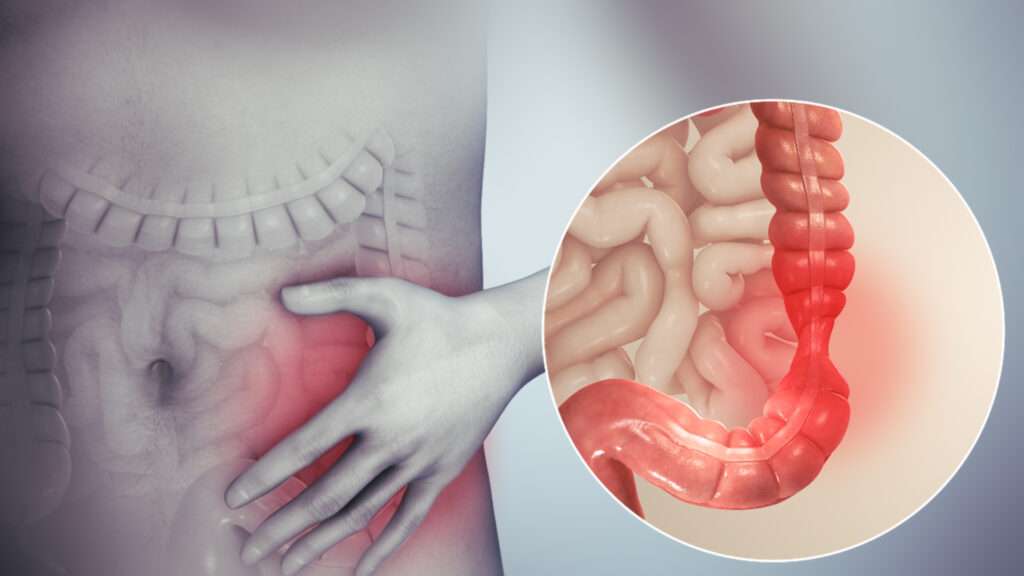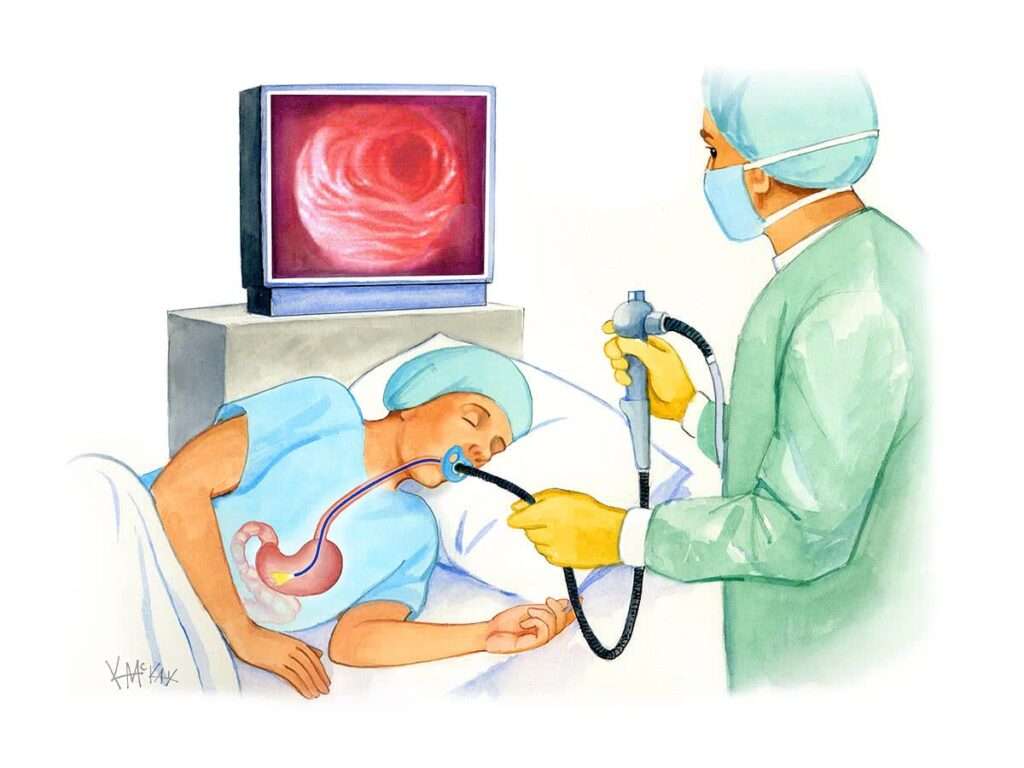Colonoscopy is a medical procedure that involves the examination of the inner lining of the colon, also known as the large intestine or large bowel. It is a crucial diagnostic and preventive tool used to detect various gastrointestinal conditions, such as colorectal cancer, polyps, inflammation, and other abnormalities. Colonoscopy plays a significant role in maintaining colon health and preventing the progression of potentially serious diseases.

During a colonoscopy, a thin, flexible tube called a colonoscope is inserted through the rectum and advanced through the entire length of the colon. The colonoscope is equipped with a camera and a light source that allows the gastroenterologist (a medical doctor specializing in digestive disorders) to visualize the colon’s interior on a monitor in real-time. This live imagery helps the doctor identify any abnormalities, such as polyps, ulcers, or areas of inflammation.
One of the main benefits of a colonoscopy is its ability to detect and remove polyps, which are small growths on the inner lining of the colon. While most polyps are benign, some have the potential to become cancerous over time. During the colonoscopy procedure, if the doctor identifies any polyps, they can be removed using specialized tools. This removal not only eliminates any potential risk of cancer development but also serves as a preventive measure.
Colonoscopies are also used as a screening tool for colorectal cancer, one of the most common cancers worldwide. Regular screenings are recommended for individuals over the age of 50, or earlier for those with a family history of colorectal cancer or other risk factors. Early detection of colorectal cancer through colonoscopy can greatly improve treatment outcomes and increase the chances of a full recovery.
To ensure the success of the procedure and patient comfort, proper preparation is essential. Patients typically need to follow a specific diet and take laxatives to cleanse the colon before the colonoscopy. This helps provide a clear view of the colon’s interior during the procedure.
Although colonoscopy is a valuable diagnostic tool, it can be an intimidating procedure for some individuals due to factors such as fear of discomfort or the invasive nature of the examination. However, advancements in medical technology have led to improvements in patient comfort, and sedation options are often available to help alleviate anxiety and minimize any potential discomfort.
In conclusion, colonoscopy is a vital medical procedure used for diagnosing and preventing various gastrointestinal conditions, especially colorectal cancer. Through early detection, treatment, and removal of polyps, colonoscopy contributes significantly to maintaining colon health and overall well-being. If you are advised to undergo a colonoscopy, it’s important to discuss any concerns or questions you may have with your healthcare provider to ensure a thorough understanding of the procedure and its benefits.




